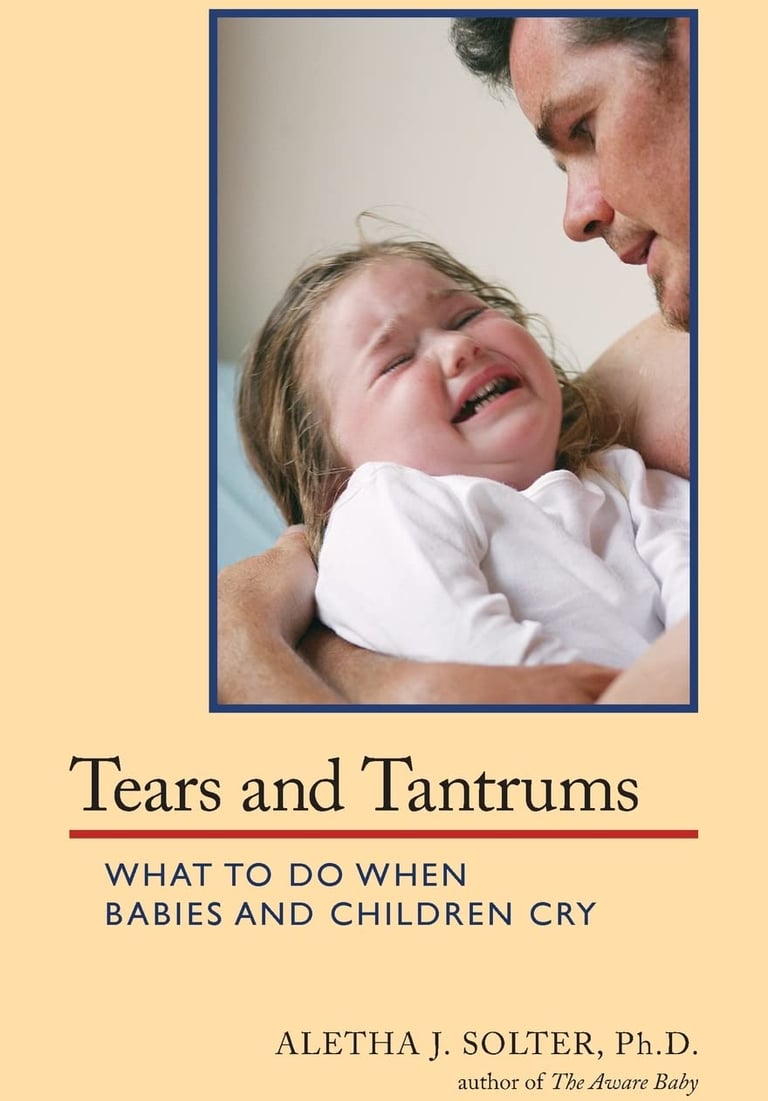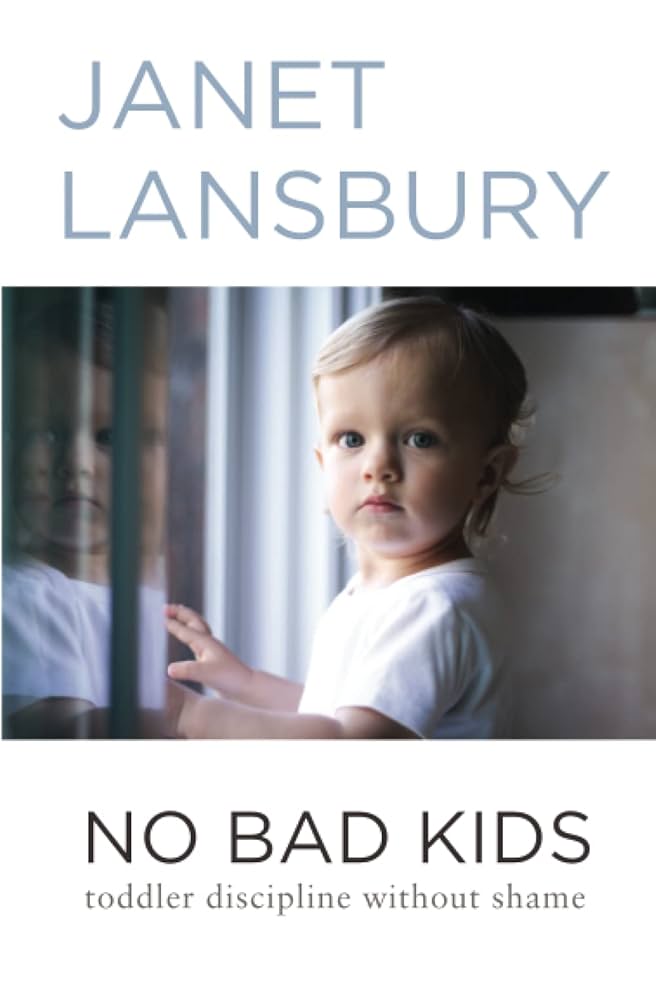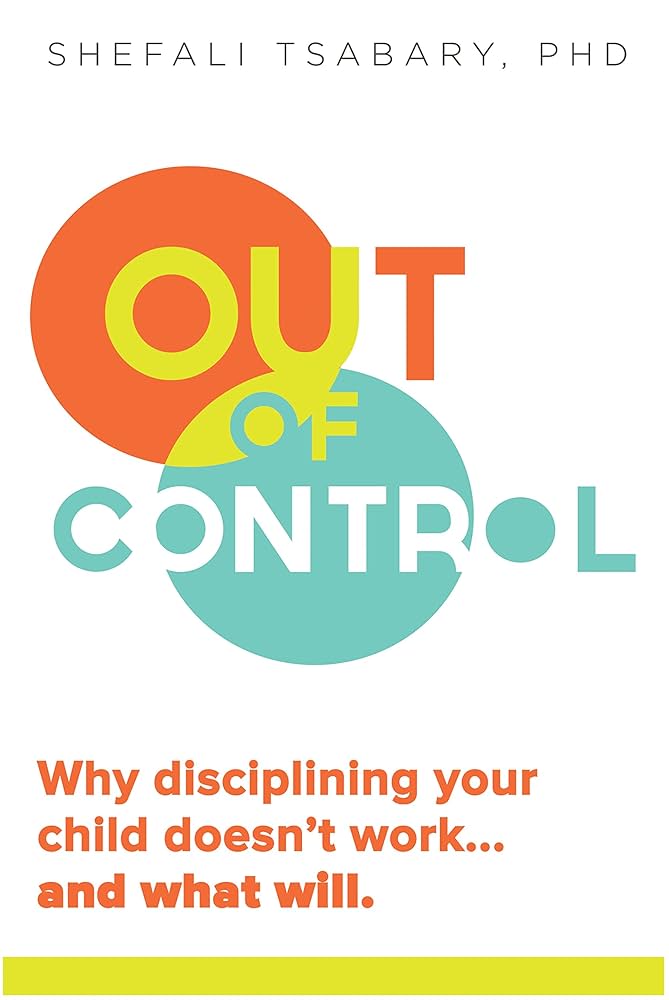2025 April
Books that helped me to become the parent she needed


When I became a mother, I thought parenting would be mostly about teaching—how to eat, how to listen, how to share. But as I raise my 5-year-old daughter, I’ve learned something deeper: parenting is just as much about unlearning, healing, and growing alongside her.
There have been moments—raw, messy, and emotional—when I honestly didn’t know how to be the parent she needed. Times when her big feelings overwhelmed me, and I doubted if I was doing anything right. In those moments, I didn’t need more rules or parenting “hacks.” I needed understanding, perspective, and compassion—for her, and for myself.
That’s when I found these books. They didn’t offer quick fixes. They offered something better: a way to build real connection, set boundaries with love, and see my daughter not as a problem to solve—but a whole person to walk beside.
If you’re navigating similar highs and lows, these three books have been like steady hands on my shoulder. Scroll down for a peek at the parenting shelf that’s changed the way I show up—not only as a mom, but as a person.
TEARS AND TANTRUMS: WHAT TO DO WHEN BABIES AND CHILDREN CRY
Author ALETHA SOLTER
In Tears and Tantrums, developmental psychologist Aletha Solter reframes crying—not as a behavior to stop, but as a healing and necessary process. She argues that crying and tantrums are natural ways for babies and children to release stress, frustration, and emotional overload. Instead of distracting, punishing, or silencing them, Solter encourages parents to respond with empathy and presence.
The core message of the book is that tears are not manipulative or “bad”—they are a form of emotional detox. When parents stay calm and supportive during emotional outbursts, children feel safe to fully express their feelings and return to a more balanced state.
Solter distinguishes between crying to meet a need (hunger, pain, tiredness) and crying to release accumulated emotional tension. In the latter case, she urges caregivers to listen without trying to fix, offering comfort through connection rather than solutions.
With practical examples and compassionate insights, Solter empowers parents to embrace crying as part of healthy emotional development, helping children build resilience, emotional intelligence, and trust in their caregivers.
NO BAD KIDS: TODDLER DISCIPLINE WITHOUT SHAME
Author JANET LANSBURY
No Bad Kids is a thoughtful guide to toddler discipline that centers around the belief that toddlers aren’t bad—they’re learning. Janet Lansbury, drawing from the respectful parenting philosophy of Magda Gerber, encourages parents to set clear, loving boundaries without resorting to shaming, yelling, or punishment.
The book emphasizes that toddlers need structure, limits, and guidance—but delivered with calm authority and empathy. Rather than labeling behavior as “bad,” Lansbury helps parents understand that toddlers act out not to manipulate, but to express big feelings they can’t yet regulate. Acting with firmness and respect, rather than frustration or emotional reactivity, helps toddlers feel safe and understood.
Lansbury offers practical scripts and examples for handling common challenges like hitting, tantrums, whining, and testing limits—always advocating for kind leadership, emotional validation, and consistency. She also stresses the importance of staying emotionally neutral, allowing feelings to be expressed, and never confusing acceptance of emotions with approval of all behavior.
Ultimately, No Bad Kids is about disciplining with dignity—guiding toddlers toward respectful behavior while preserving their self-worth and strengthening the parent-child bond.
OUT OF CONTROL. WHY DISCIPLINING YOUR CHILD DOESN’T WORK – AND WHAT WILL
Author DR. SHEFALI TSABARY
In Out of Control, Dr. Shefali Tsabary challenges traditional notions of parenting and discipline, arguing that most discipline strategies are rooted in control, fear, and ego rather than connection, respect, and conscious guidance.
She asserts that the idea of “controlling” children’s behavior through punishments, rewards, and power struggles is not only ineffective but also harmful in the long run. Instead, she encourages parents to shift from being authoritarian figures to conscious guides—focused more on understanding the emotional and psychological needs of the child than enforcing obedience.
Dr. Shefali believes that children are not problems to be fixed, but mirrors that reflect our own unhealed wounds, unmet expectations, and ingrained patterns. Therefore, real change begins with the parent’s own self-awareness and inner work. The book emphasizes presence, empathy, and connection over quick fixes or rigid rules.
She offers practical insights into how to parent with authenticity and clarity—moving away from punishment toward communication, trust-building, and emotional attunement. Through real-life examples and deep psychological insight, she dismantles the myth that discipline equals control, and shows a path to raising emotionally healthy, empowered, and self-regulating children.
I’d love to hear from you too—what books have supported you in your parenting journey? Whether they offered insight, comfort, or simply made you feel less alone, I can’t wait to read your recommendations in the comments. Let’s build a shelf full of wisdom, together.
Warm regards,
The Red Fairy






LEAVE A REPLY